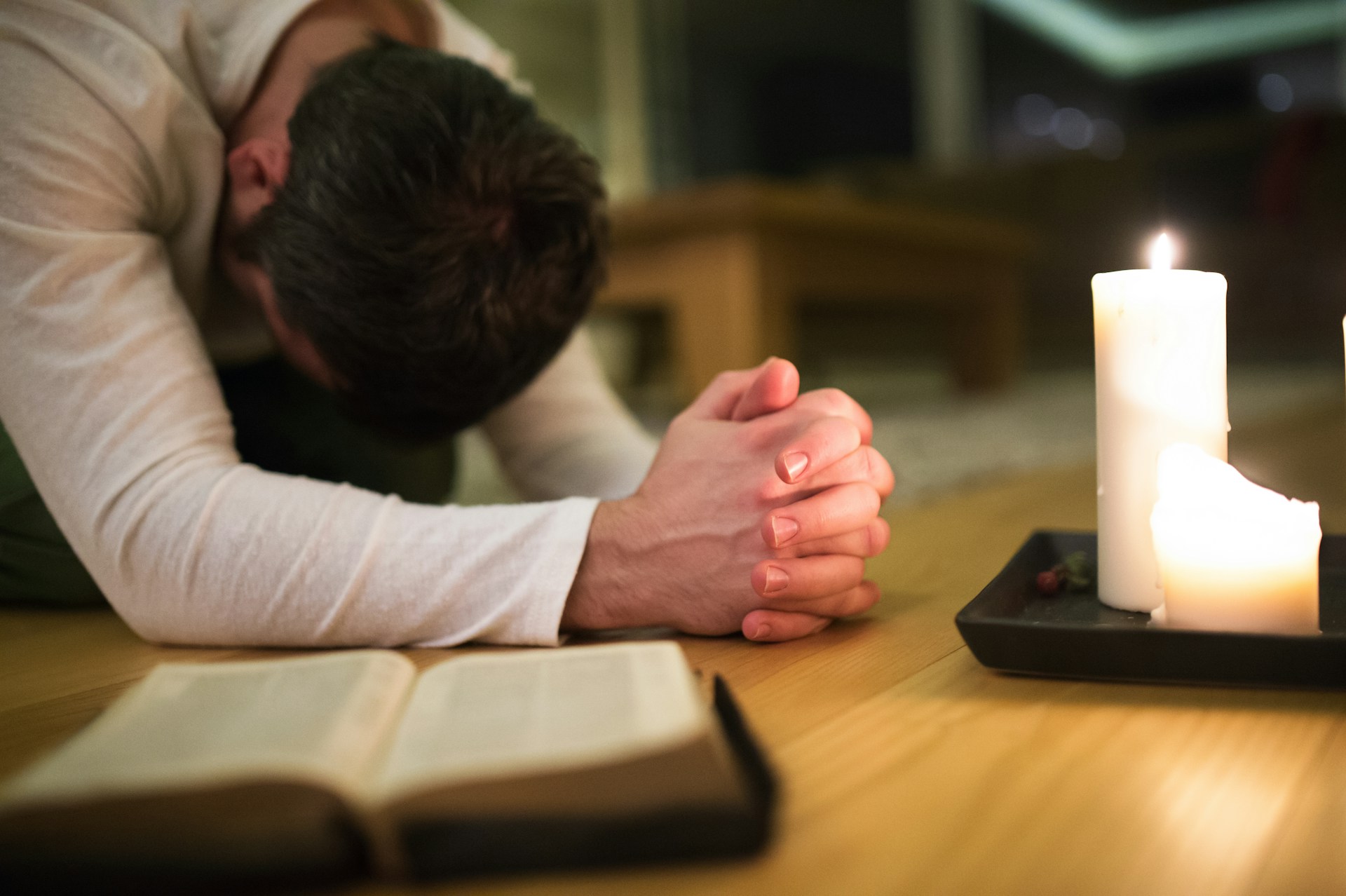If you think back to when you were a kid, you probably remember having a few favorite items, maybe a stuffed animal, a toy truck, or a stack of drawings you kept for years. Now, imagine a child for whom almost every little object, whether a broken pencil, a piece of string, or an old toy, feels like something irreplaceable. Naturally, finding help for hoarders is no easy feat, let alone when the hoarders are kids.
When it comes to children who hoard, their belongings aren’t just stuff to them. They can hold deep emotional meaning, becoming part of how the child views themselves or copes with difficult emotions.
The reasons children hoard are complex and often tied to emotional and psychological factors. For many young hoarders, the items they collect quickly become their link to memories or feelings, making it hard for the child to let go of them, even if they seem trivial to others.
Hoarding can also be a way for children to deal with overwhelming emotions. Kids who have experienced trauma or big life changes, like moving, divorce, or bereavement, might turn to hoarding as a way to cope. The items they gather can feel like a way to hold onto a sense of control in a world that feels uncertain.
What does hoarding look like in children?
- Child hoarders quickly become emotionally attached to things that others might consider trash or clutter.
- The child might hold onto drawings, toys, or even things they’ve outgrown.
- Separating the child from items may even cause panic attacks or meltdowns.
- Their room or living space can quickly become cluttered or full of piling up unused items.
- They may also resist attempts by family members to clean or declutter, which can lead to conflicts at home.
- Socially, kids who hoard may avoid having friends over, feeling embarrassed by the clutter, or worrying that others will judge them.
Spotting these signs early on is important because it gives you the chance to intervene before the behavior becomes more entrenched.
 The effects of hoarding can be serious, affecting a child’s physical, emotional, and social well-being. A cluttered environment can create health and safety risks, like fire hazards or mold exposure.
The effects of hoarding can be serious, affecting a child’s physical, emotional, and social well-being. A cluttered environment can create health and safety risks, like fire hazards or mold exposure.
Emotionally, children who hoard may feel isolated, anxious, or ashamed, which can make it harder for them to form healthy relationships with peers.
Academically, the chaos of hoarding can make it hard for a child to concentrate on schoolwork or engage in other productive activities. Over time, this leads to difficulties with decision-making and an increased risk of developing anxiety or other mental health concerns.
Unfortunately, there are still so many barriers that make it challenging for families to find the support for hoarding kids that they need.
Why is it so hard to get help for kids who are hoarders?
Hoarding is misunderstood by many who view it as simple laziness or defiance, rather than a legitimate mental health issue. This can make families reluctant to seek help, as they fear being judged. Many parents don’t recognize the signs of hoarding or realize how serious the behavior is. They may chalk it up to normal childhood quirks or a phase, delaying necessary intervention.
Specialized help for pediatric hoarding can be hard to find, especially in smaller communities where mental health professionals are in short supply. Children with hoarding tendencies often have strong emotional reactions when asked to part with their items, which can further discourage parents from pursuing therapy.
In addition, therapy and other interventions can be costly, and not all families have the financial means to afford treatment.
It can be tough to know when it’s time to seek professional counseling, but there are a few key signs that it may be necessary. If your child’s hoarding behaviors are causing significant distress, whether in terms of daily functioning, social interactions, or emotional well-being, it’s time to reach out for support.
Hoarding behaviors in children are complicated and require a compassionate, understanding approach. Working with a counselor experienced in pediatric hoarding gives your child the tools they need to manage their feelings and break free from the cycle of hoarding.
It’s important to remember that these behaviors often stem from deeper emotional needs, and addressing them with empathy can make all the difference. To learn more and to find a counselor in Rockwall, Texas who is familiar with pediatric hoarding, contact our office today at Texas Christian Counseling, Rockwall.
Photo:
“Narrow Trail”, Courtesy of Joshua Earle, Unsplash.com, Unsplash+ License
- Grace Mavindidze: Author
Grace Mavindidze is an experienced Journalist of close to two decades and a certified SEO specialist writer who enjoys traveling, meeting people from a broad cultural spectrum, as well as engaging people in topics that are informative, entertaining,...
DISCLAIMER: THIS ARTICLE DOES NOT PROVIDE MEDICAL ADVICE
Articles are intended for informational purposes only and do not constitute medical advice; the content is not intended to be a substitute for professional medical advice, diagnosis, or treatment. All opinions expressed by authors and quoted sources are their own and do not necessarily reflect the opinions of the editors, publishers or editorial boards of Stone Oak Christian Counseling. This website does not recommend or endorse any specific tests, physicians, products, procedures, opinions, or other information that may be mentioned on the Site. Reliance on any information provided by this website is solely at your own risk.






